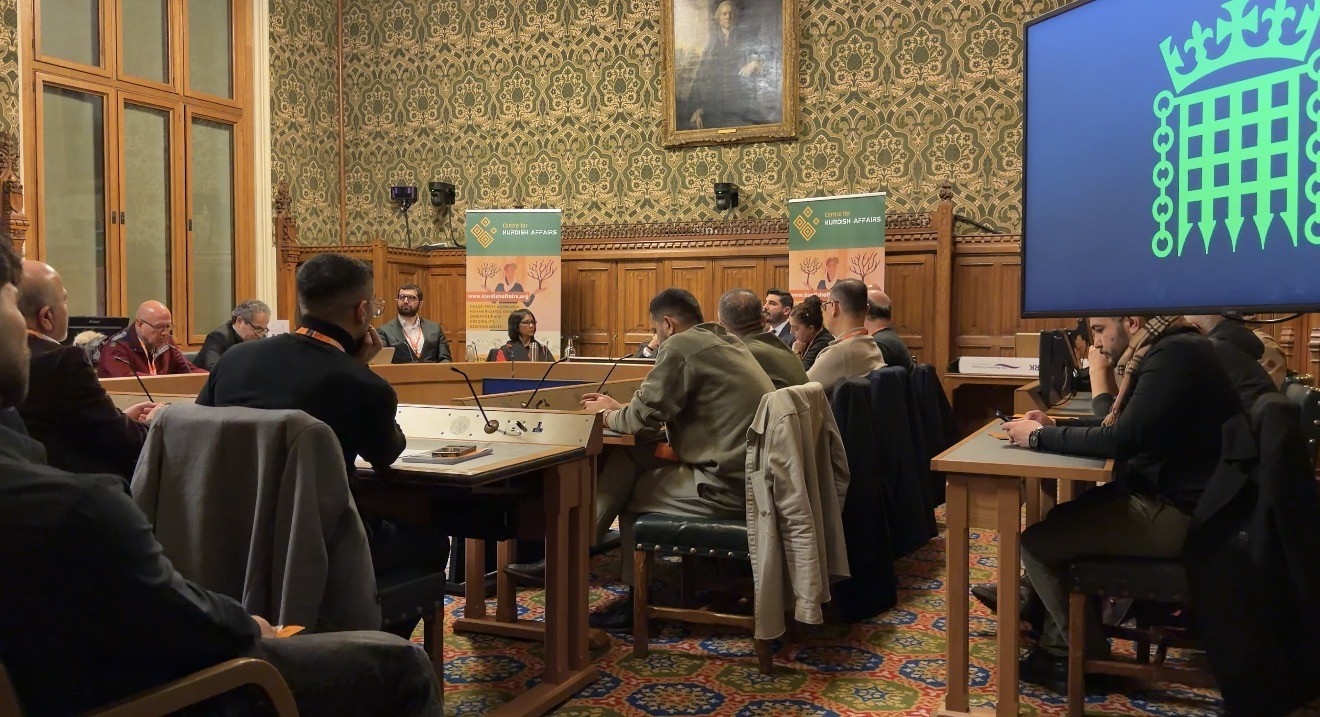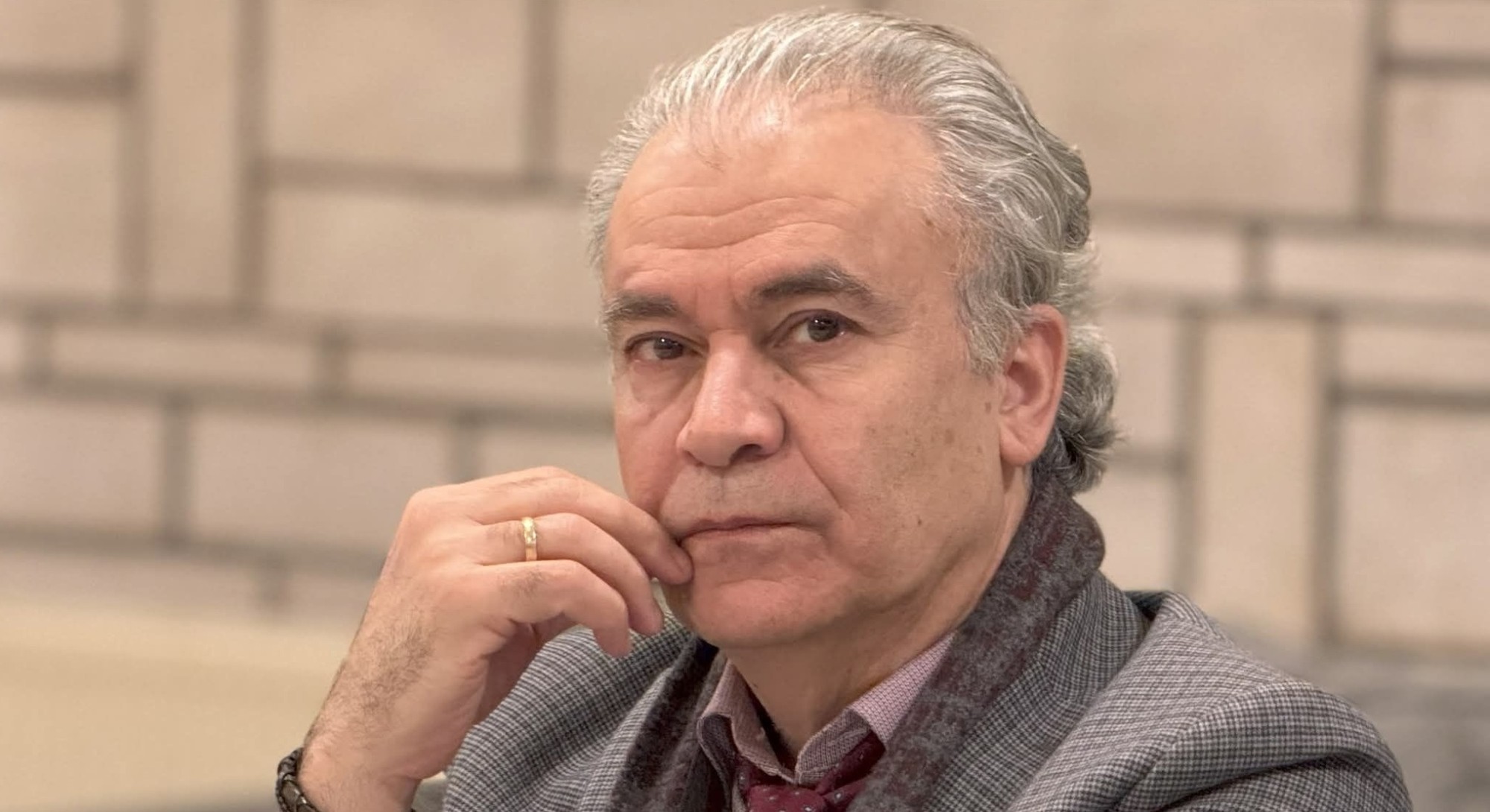In an op-ed piece published by the New York Post on Tuesday, Mike Pompeo – who served as CIA Director and later as U.S. Secretary of State during the first Trump administration – wrote that the Kurds have “proven themselves to be one of America’s most reliable partners in the Middle East” and deserve better treatment by the United States.
Read More: KRG Prime Minister Barzani Arrives in U.S. for Official Visit
His op-ed comes amid an official visit of Kurdistan Regional Government (KRG) Prime Minister Masrour Barzani to Washington, D.C.
“Kurdish ambitions for greater autonomy are not only righteous, they align with America’s own critical interests. As secretary of state and CIA director in President Trump’s first term, I witnessed their unwavering commitment to our shared objectives firsthand,” Pompeo wrote.
“Unlike many other partners in the region, the Kurds never engaged in anti-American terrorism, never cost American lives and never wavered in their friendship. Their loyalty has delivered exceptional returns on a modest investment, compared to the trillions spent in other Middle Eastern conflicts.”
He also underlined that the US “should respect the legitimacy of the 2017 Kurdish independence referendum, in which 93% of Iraqi Kurds chose independence.”
Furthermore, he wrote that the Kurdish regions possess substantial natural resources, positioning them for economic self-sufficiency. “The KRG alone contains an estimated 45 billion barrels of oil – roughly a third of Iraq’s total reserves – plus significant natural gas fields.”
Read More: KRG’s Multi-Billion-Dollar Energy Deals in the U.S.: Everything You Need to Know
Recently, on May 19, 2025, the KRG signed two multi-billion-dollar agreements with U.S. energy companies HKN Energy and WesternZagros Resources, a development welcomed by the U.S. State Department’s Bureau of Near Eastern Affairs.
“In my diplomatic engagement throughout the Middle East, I’ve seen what makes the Kurds exceptional: In a region dominated by authoritarianism and extremism, Kurdish-governed areas stand out as islands of relative tolerance and pluralism. Kurdish communities have rejected the anti-American and antisemitic ideologies that poison much of the region,” Pompeo further wrote.
“For too long, the United States has neglected the strategic potential that would be unlocked by supporting Kurdistan – out of fear of regional repercussions and, in some cases, sheer inertia.
At this critical juncture in America’s engagement in the Middle East, we should incorporate the Kurds into our regional strategy,” Pompeo concluded.

